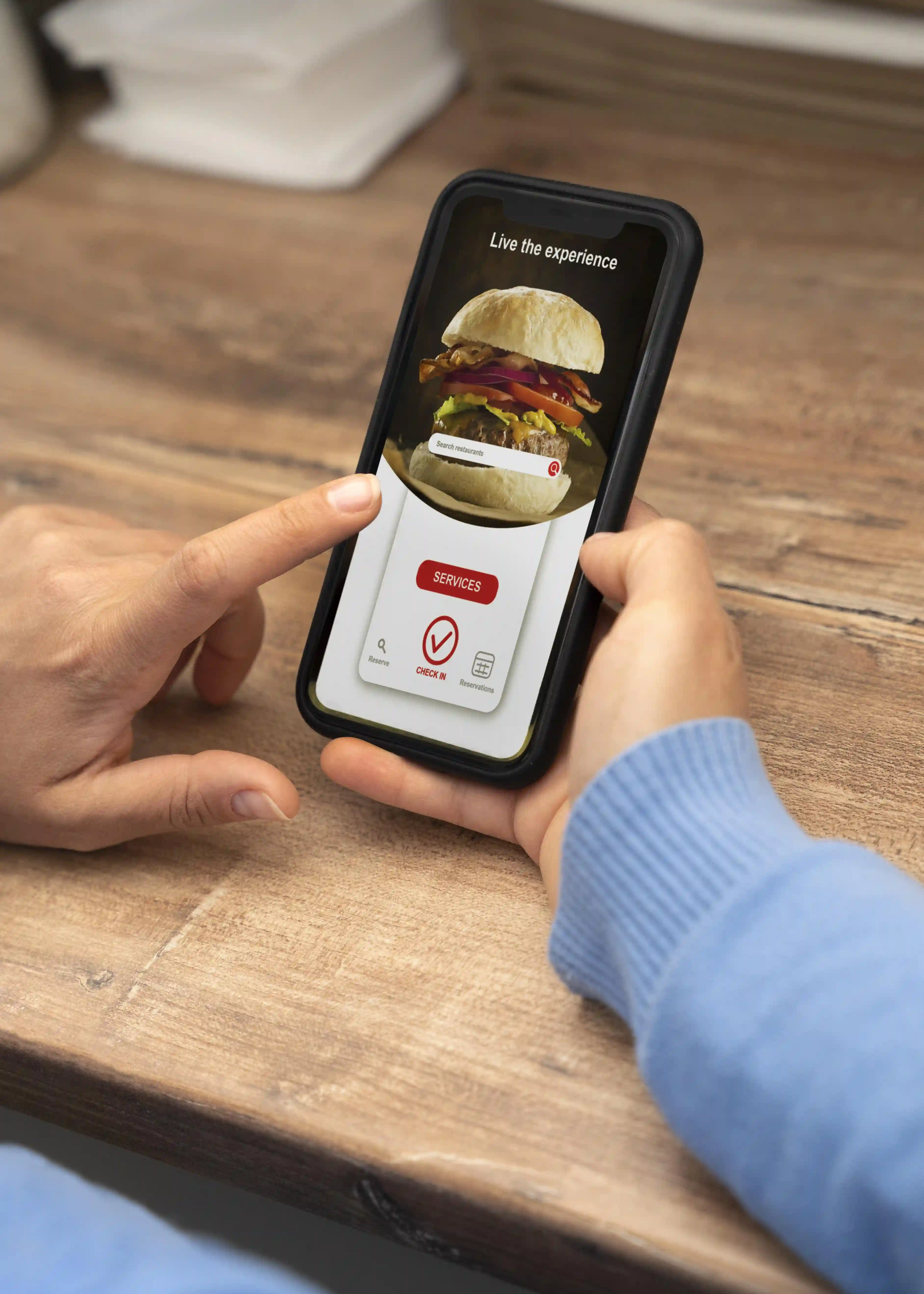By: Sebi Audy - Tim Editorial Stamps

Running a small business is tough but managing customer data doesn’t have to be. With the right CRM apps for small business, you can organize leads, automate sales tasks, and build stronger relationships with your customers, all in one place.
What Is a CRM System?
A Customer Relationship Management (CRM) system is software that helps you store, organize, and use customer and prospect data. It keeps track of interactions, purchases, preferences, and more so you always know what your customers need.
For small businesses, a CRM app isn’t just for big corporations. It’s an essential tool that replaces messy spreadsheets and multiple apps, helping you manage contacts, sales, and customer service efficiently.
Why Small Businesses Need CRM Apps
Here’s why adopting a CRM app for small business can be a game-changer:
- Centralized customer data: All contacts, purchase histories, and communications in one place.
- Structured sales process: Never lose track of a lead. Schedule follow-ups and visualize your sales pipeline easily.
- Data-driven insights: Identify your top-selling products, best-performing channels, and sales trends.
- Team collaboration: Everyone on your team can access the same customer information, reducing miscommunication.
- Scalability: As your business grows, your CRM grows with you—no need to start over.
Key Benefits of CRM Apps for Small Business
Implementing a CRM brings measurable benefits to your daily workflow:
- Better organization: Keep all customer data updated and accessible anytime.
- Lead prioritization: Focus on high-potential prospects and automate follow-ups.
- Routine task automation: Send reminder emails, assign tasks, and track performance automatically.
- Improved teamwork: Give your team clear visibility on who’s handling what.
- Smarter decision-making: Use reports and dashboards to measure growth and sales performance.
What to Consider Before Choosing a CRM App
Before choosing the best CRM app for small business, consider these factors to ensure success:
- Ease of use: If it’s too complex, your team won’t use it consistently.
- Integration: Your CRM should connect seamlessly with email, chat tools, or payment systems.
- Pricing: Choose a plan that fits your budget—many CRM tools offer affordable or even free plans for small teams.
- Implementation: Plan your setup carefully and make sure data is imported and organized correctly.
- Commitment: A CRM only works when it’s updated and used regularly by the whole team.
How to Choose the Right CRM App
When evaluating options, keep these key points in mind:
- Features you need: Contact management, sales pipeline tracking, and automation tools.
- User-friendly design: Simple dashboard and mobile access are a must.
- Scalability: Make sure the system can handle your growth without huge cost increases.
- Customer support: Check if the CRM provides training, tutorials, and reliable support.
- Data security: Protect your customers’ information with trusted platforms.
Some of the best CRM apps for small business in 2025 even offer affordable starter plans with essential features to help you scale efficiently.
Tips for Successful Implementation
To get the most out of your CRM app:
- Start small focus on managing contacts and follow-ups first.
- Integrate your CRM with existing tools (like email, WhatsApp, or e-commerce).
- Assign clear roles within your team for data entry and follow-ups.
- Train your team to use the CRM daily and update customer data regularly.
- Review your data monthly to see what’s working and what needs improvement.
For small businesses, CRM apps are more than just tools—they’re the backbone of growth. They simplify operations, improve customer satisfaction, and make scaling easier.The key is choosing the right app for your needs, starting simple, and ensuring your team fully adopts it.
Ready to take your small business to the next level?
Let’s optimize your CRM strategy with Stamps the smarter way to grow your business efficiently and sustainably.


